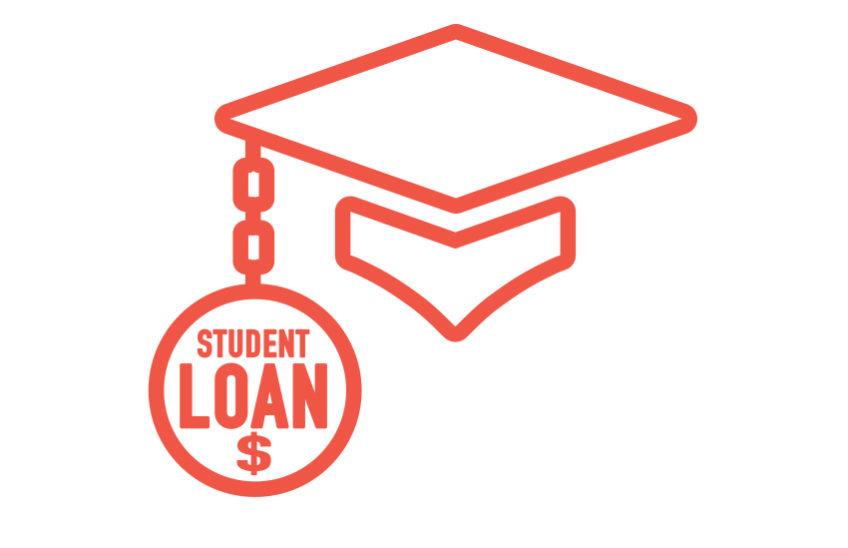Table of Contents
The Power of Education: Financing Your Future with Student Loans
Understanding Loan Options: Finding the Right Fit
Beyond Interest Rates: Repayment Considerations and Long-Term Impact
Budgeting for Loan Repayment: Balancing Needs with Responsibilities
Responsible Borrowing: Avoiding the Debt Trap
Empowering Your Financial Future: Strategic Planning and Resources
Exploring Scholarship and Grant Opportunities
Creating a Budget and Managing Finances
Conclusion: Knowledge is Power: Making Informed Decisions
The Power of Education: Financing Your Future with Student Loans
Student loans can be a powerful tool, unlocking the doors to higher education for students who might otherwise struggle to afford the cost of a degree. They provide financial aid, bridging the gap between tuition fees, living expenses, and a student’s financial resources. However, like any financial tool, student loans come with a responsibility – the responsibility to repay the borrowed funds with interest. Before embarking on this journey, it’s crucial to understand the landscape of student loans and make informed decisions.
/cdn.vox-cdn.com/uploads/chorus_image/image/72727061/GettyImages_1482844574.0.jpg)
Understanding Loan Options: Finding the Right Fit
Student loans are offered by a variety of lenders, including government agencies, private banks, and credit unions. Each loan option comes with unique characteristics, such as:
Interest Rates: Government loans typically offer lower interest rates than private loans. However, eligibility requirements for government loans can be stricter.
Repayment Terms: Loan repayment periods and grace periods (periods before repayment begins) can vary significantly between lenders.
Eligibility Requirements: Government loans often have income-based eligibility requirements, while private loans may have credit score and cosigner requirements.
Conducting thorough research and comparing loan options is essential. Don’t be afraid to shop around and compare interest rates, repayment terms, and any associated fees before committing to a specific loan.

Beyond Interest Rates: Repayment Considerations and Long-Term Impact
While interest rates are an important factor to consider, it’s equally important to understand the long-term implications of student loan repayment. Here are some key considerations:
Budgeting for Loan Repayment: Student loan repayment becomes a long-term financial obligation. Factor in potential loan payments when creating a post-graduation budget to ensure you can comfortably afford living expenses alongside your loan repayment commitments.
Responsible Borrowing: Borrow only what you absolutely need. Carefully consider your future earning potential and long-term financial goals when determining the amount you borrow. Excessive borrowing can lead to a crippling debt burden later in life.
Empowering Your Financial Future: Strategic Planning and Resources
Taking a proactive approach to your finances can help you manage student loan debt effectively. Here are some strategies to consider:
Exploring Scholarship and Grant Opportunities: Scholarships and grants offer valuable financial aid that doesn’t need to be repaid. Research scholarship and grant opportunities throughout your academic career to minimize your reliance on loans.
Creating a Budget and Managing Finances: Developing strong financial management skills will serve you well throughout your life. Learn how to create a budget, track your expenses, and prioritize responsible spending habits to manage your finances effectively.
Conclusion: Knowledge is Power: Making Informed Decisions
Student loans can be a valuable tool for financing your education, but it’s critical to approach them with knowledge and responsibility. By understanding loan options, carefully considering repayment implications, and developing sound financial habits, you can leverage student loans to achieve your educational goals without jeopardizing your long-term financial well-being. Remember, knowledge is power. The more you know about student loans and financial planning, the better equipped you’ll be to make informed decisions that empower your financial future.